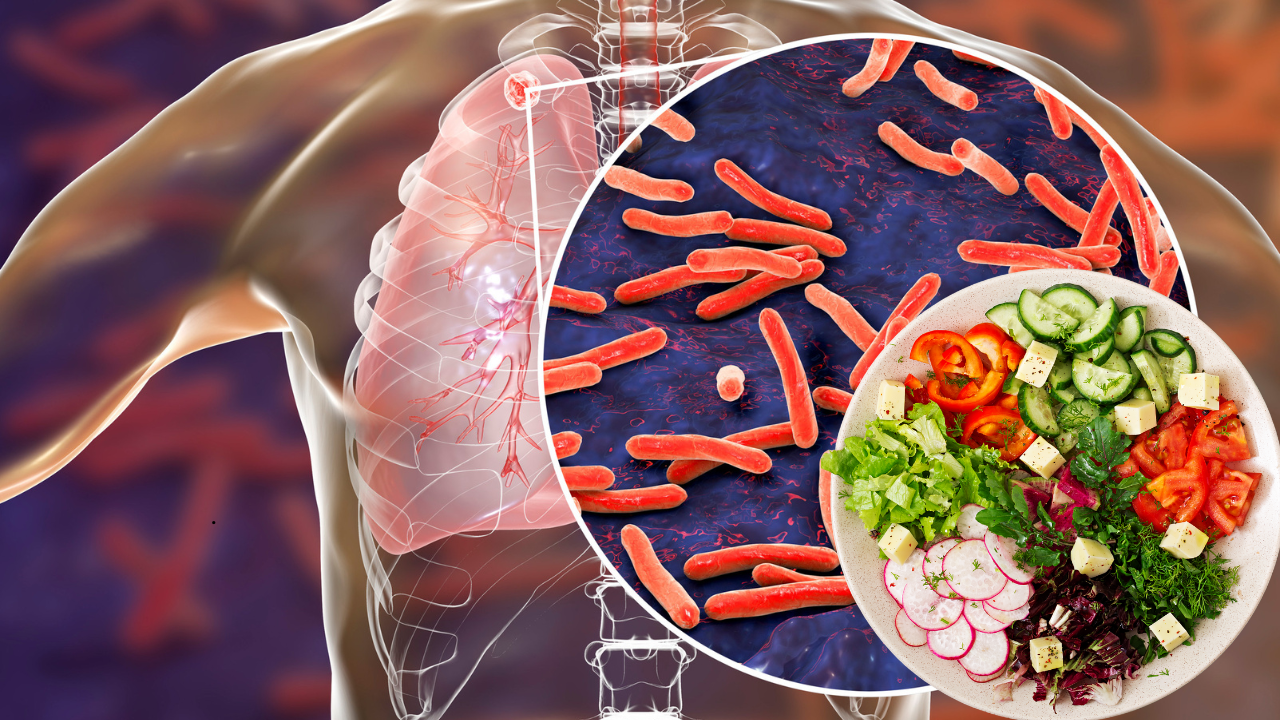WHO’s Latest TB Guidelines Highlight Nutrition as Key to Treatment

Credits: Canva
SummaryThe WHO’s new TB guidelines link nutrition and tuberculosis, recommending food support for patients and screening the undernourished for TB. Inspired by India’s RATIONS trial, studies show that improved nutrition reduces TB mortality, boosts treatment success, and prevents household transmission. Protein-rich, high-calorie, and micronutrient-rich diets aid recovery and strengthen immunity.
End of Article
